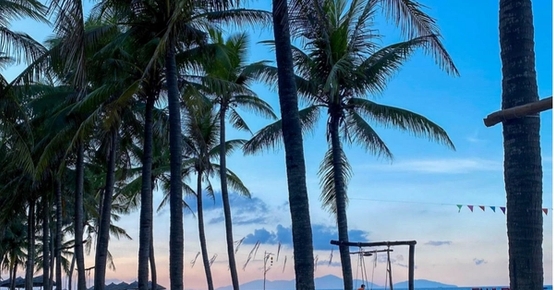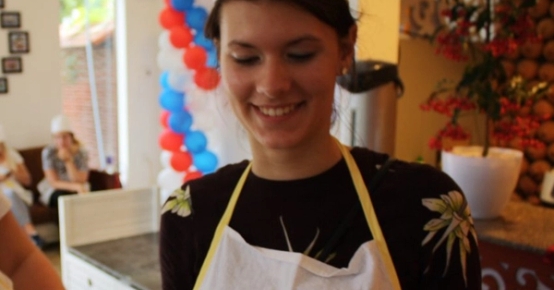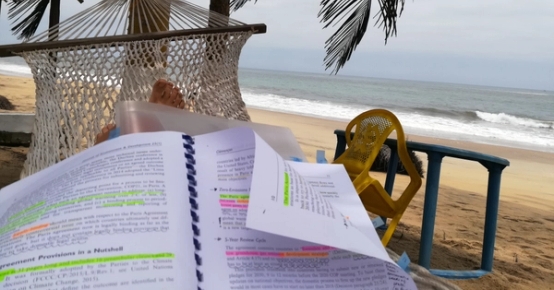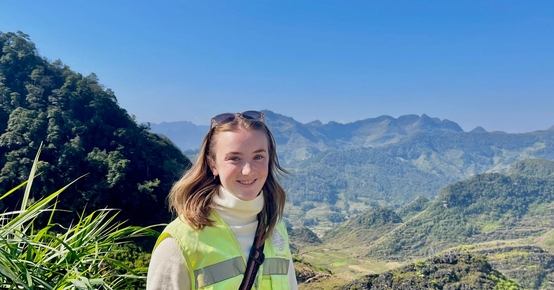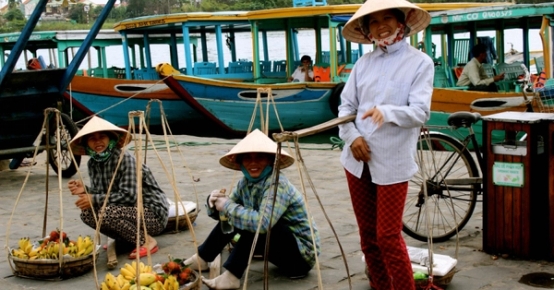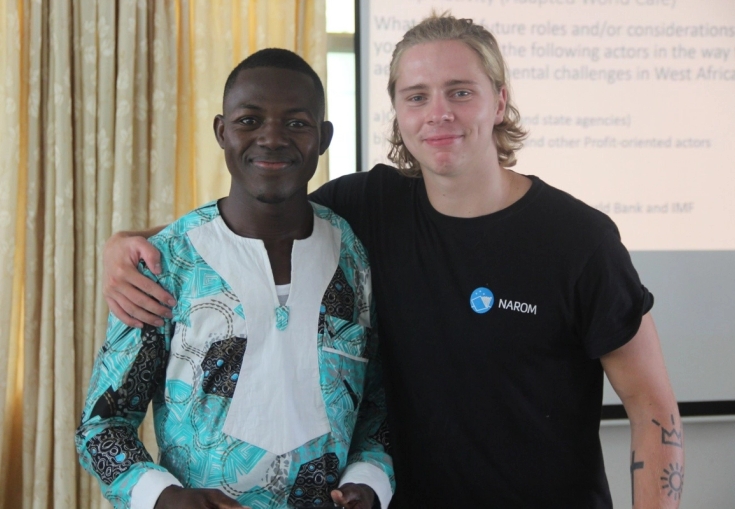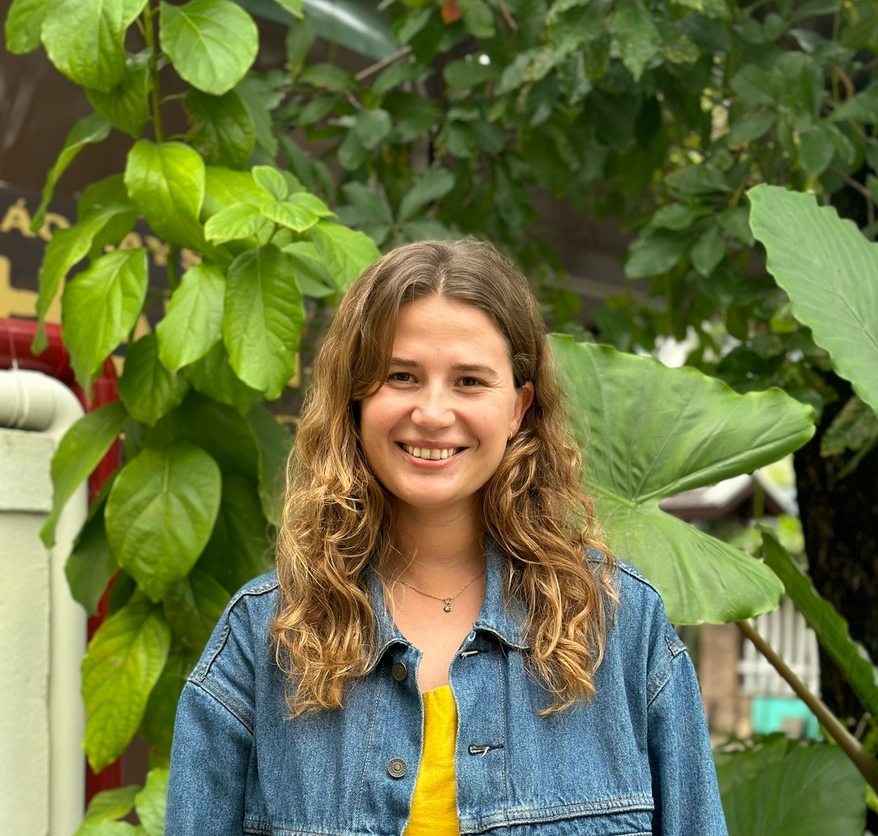
"Development Studies are relevant in every future career"
Former seminar leader Marie talks about Development Studies 1 in Vietnam and what you can expect as a student in the amazing Hoi An.

This text is translated using AI.
View the original article here.Hi! My name is Marie and I come from Oslo.
Since 2014, however, I have spent most of my time abroad. I have studied with Kulturstudier all over the world before spending several years in Sweden.
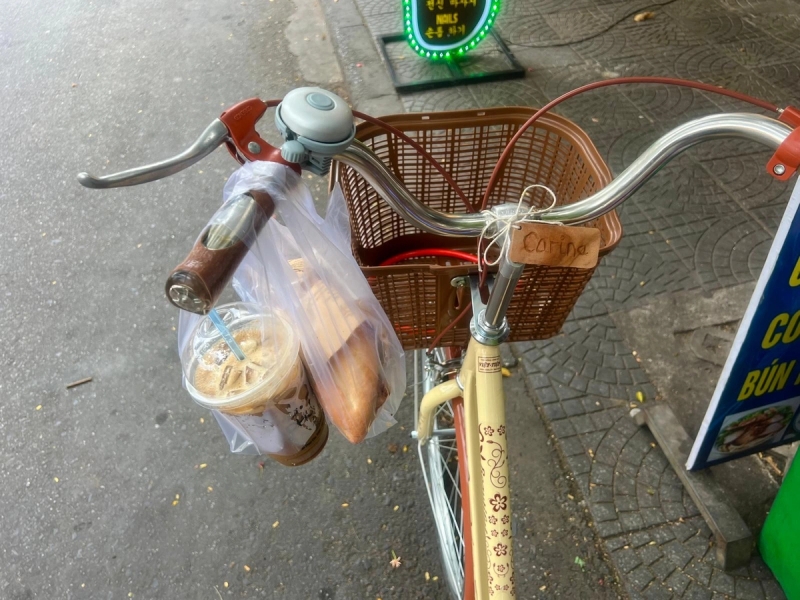
After completing my master's degree in International Administration and Global Governance at the University of Gothenburg in 2022, I moved to Hoi An to work as a seminar leader for the course Development Studies 1.
One semester turned into five, and I can confidently recommend a stay in Hoi An to everyone. It's a city that's easy to fall in love with – and hard to leave.
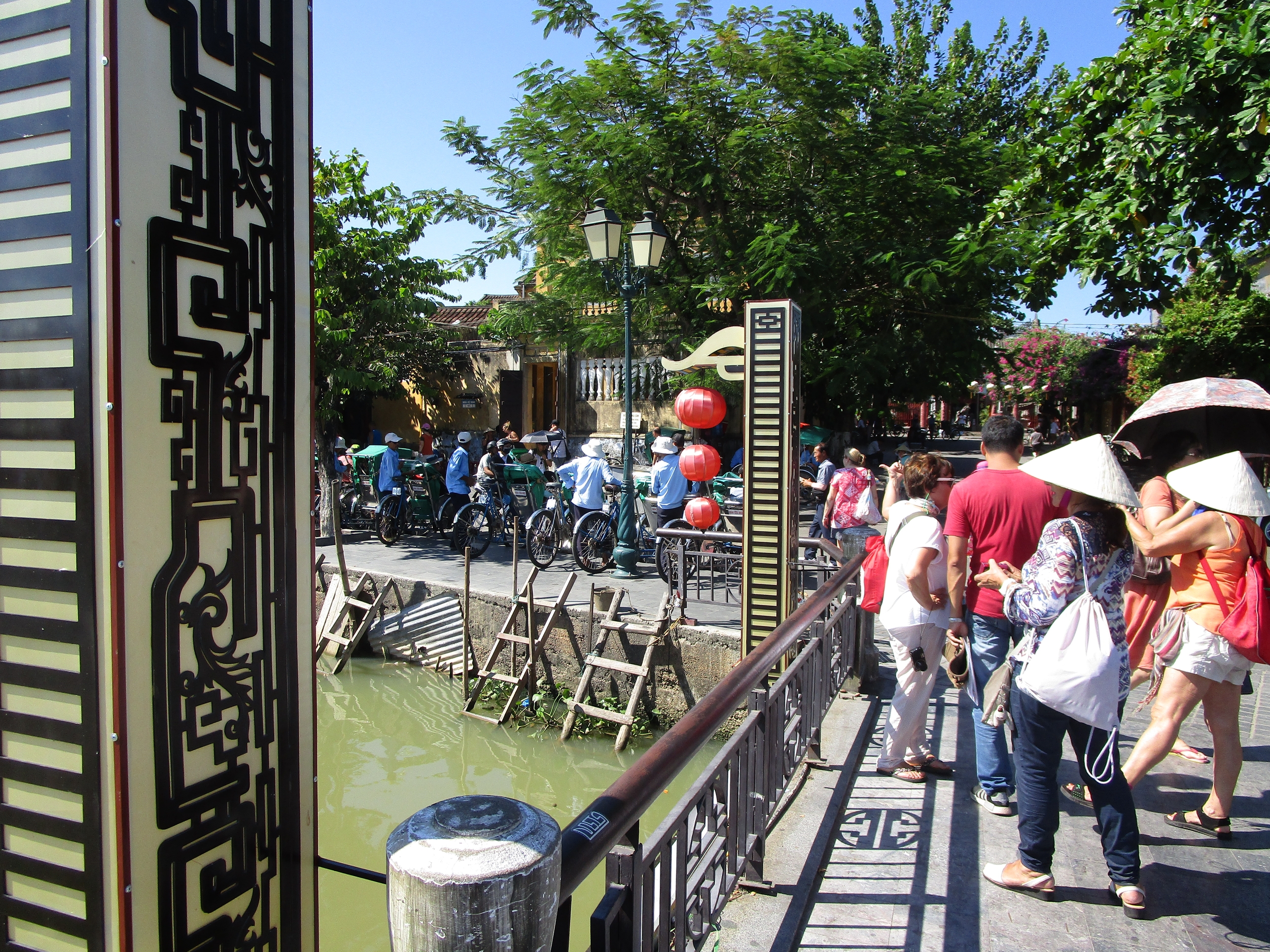
My role in Hoi An was to support the students academically, organize seminars, plan guest lectures and excursions, guide the students when they work on group assignments, and assist the professors.
The revelation in the students' eyes when they understand something after struggling to comprehend it, always moved me.
The seminar leaders are there to help students with other issues that arise when moving to a new country to study. The seminar leaders and manager Vinh also organize social activities for the students during the semester.
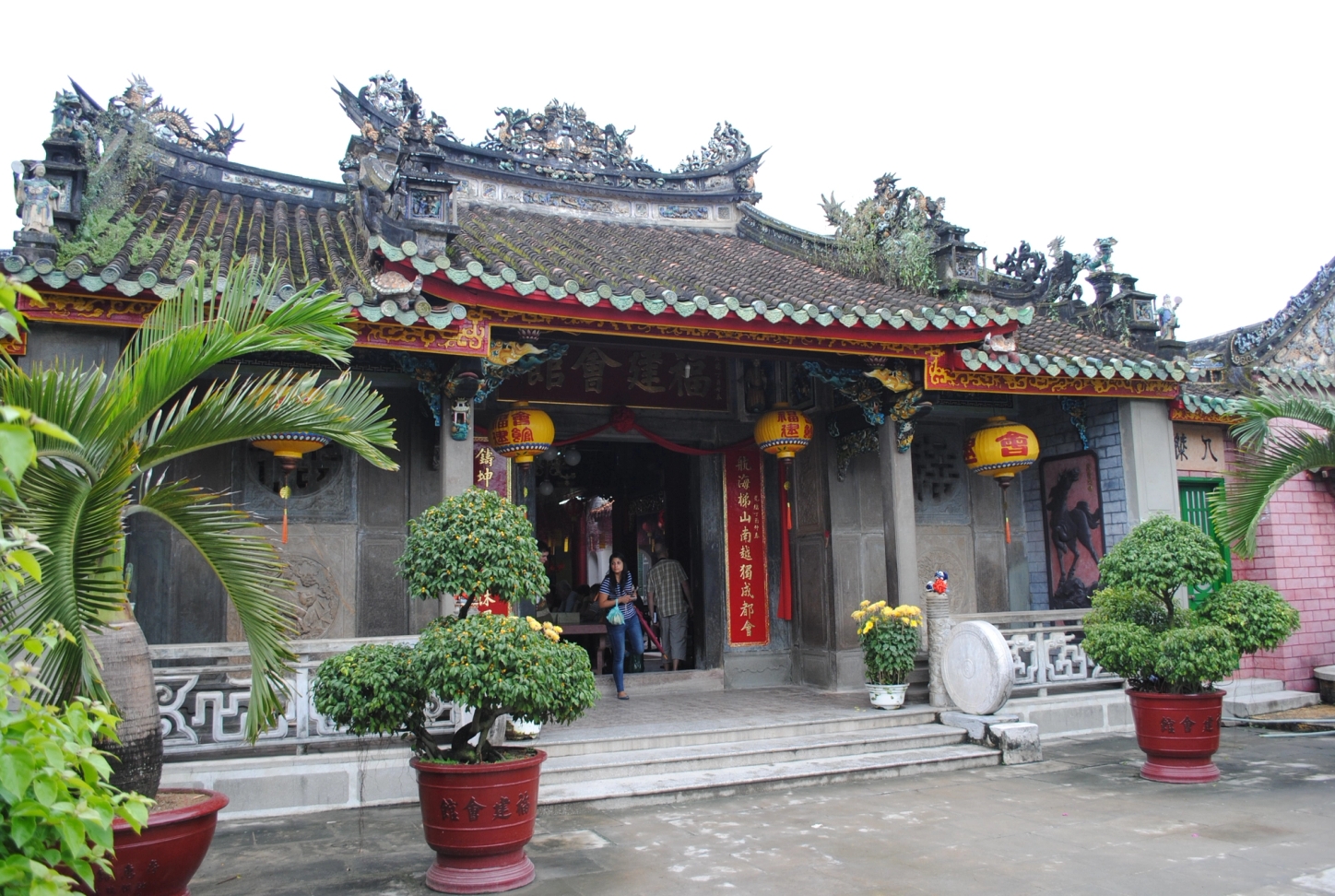
From my perspective, studying development studies is relevant no matter what you choose to work on or study later on, as it emphasizes critical thinking and the continuous questioning of assumed truths.
Moreover, development studies provide you with tools to understand both local and global structures, which I believe is important for understanding the tensions we see in today's global, yet increasingly protectionist world.
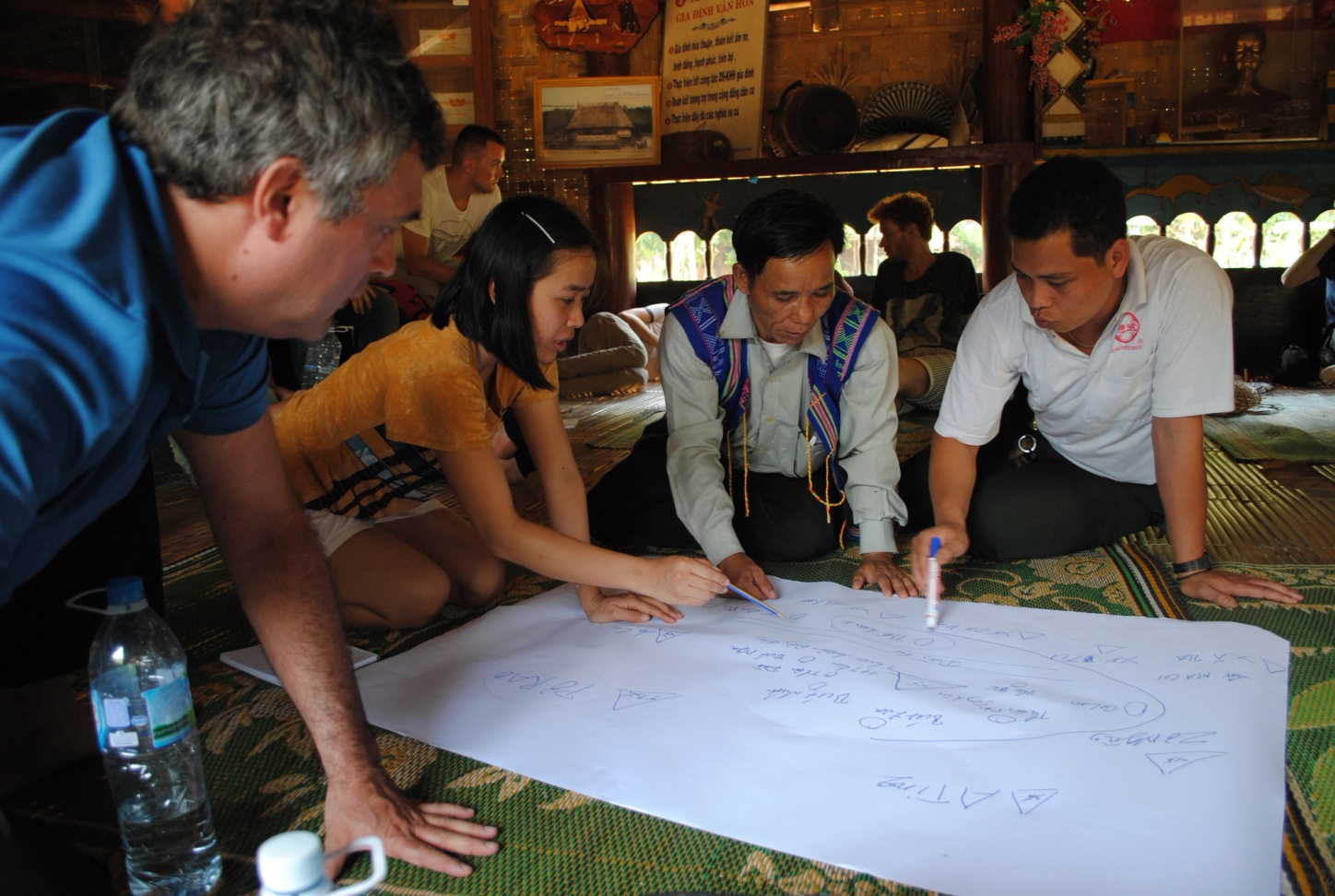
Lectures and seminars are strongly influenced by the fact that the course is in Vietnam, and one works with examples from the region in lectures and seminars.
In addition, one goes on excursions around Da Nang and Hoi An, and spends two days visiting an ethnic minority group in the Ka Tu village.
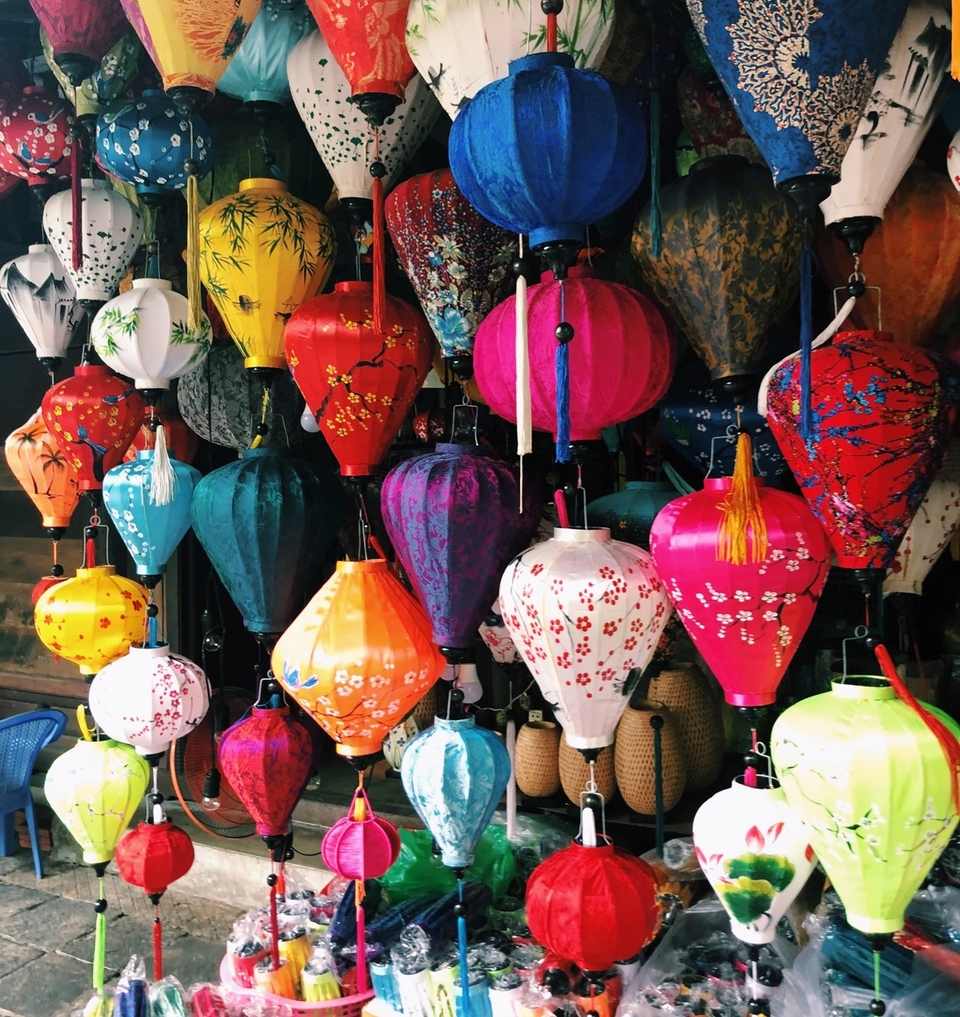
The fact that Vietnam is the place of study provides a completely unique learning experience, as students can easily apply the theories they learn to what they observe around them.
This is essentially what they do in the final group assignment.
Living in a country that has withstood decades of war, experienced significant economic growth under communist rule, and where you can eat incredible noodles for 1 dollar on a plastic chair for breakfast and Michelin-starred food for dinner just around the corner, teaches you something new every day!
